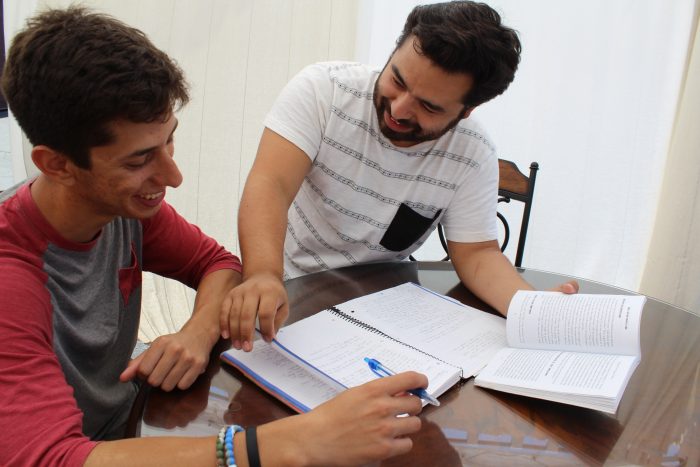How to Prepare for the Canadian Citizenship Test with Language Trainers
There is no way around it. Preparing for a Canadian Citizenship Test can be a daunting experience. You’ll have a wealth of information to absorb and learn, covering everything from Canada’s history and geography to its government and laws. And while the citizenship test isn’t a formal assessment of your language skills in French or English, you will still need to demonstrate a good level of these languages as part of your citizenship application. So, how can you prepare for the Canadian Citizenship Test here with us at Language Trainers?

Photo via Wikimedia / Wikimedia
Language requirements
As part of your immigration application, you will be expected to provide certification that proves just how good your language skills are. For Canada, there are three approved test providers. The first is IELTS, which is an internationally recognized English proficiency test and one of the most popular tests for English students. The second option is CELPIP, following a similar pattern to the IELTS practice although it focuses specifically on Canadian English, which is a mixture of British and American. And finally, if you are moving to Quebec specifically, you will need to take the TEF, which is in French.
Test levels
To be considered competent in either English or French, your language skills will need to be at a certain level. For the IELTS you will need to score higher than a 4 in speaking and 4.5 in listening. For the CELPIP, you will need to achieve 4 or higher in listening and speaking. And for the TEF you will need to be at B1 level in listening and speaking. Unfortunately, there is no set level you can use to compare these tests across the board. IELTS grades you in bands up to level 9, CELPIP up to 12, and TEF is graded in bands up to 7. The levels and the tests involved can get confusing. Your Language Trainers tutor can help you to better understand the varying aspects of the levels.

Photo via Pexels / Pexels
What’s involved?
Each of these tests will assess your speaking, listening, writing, and comprehension skills in your chosen language. These aren’t the sort of pass or fail tests you might be more familiar with from other studies. Your grades are actually dependent on the level of complexity you can handle. A tutor will quickly help you assess where your strengths lie, and what parts of the language you need to focus on for overall improvement. And of course, what you study with us depends entirely on what you need! Perhaps you’re already at level 4 in speaking, writing, and comprehension, and at a 3 in listening. A study program designed to practice what you’re already confident in while elevating the level of the areas you aren’t is not something you will get so easily in a classroom environment!
Preparation
One of the key benefits of tailor-made learning is that everything you study is prepared and streamlined personally for you. Your tutor might use guidance on basic topics such as job hunting or housing to help you perfect your English or French. Similarly, they may help you with the Canada Study Guide, using specially-designed lessons that will both test the knowledge you will need for the immigration test, and your language skills at the same time. If you are preparing to move house or even if you are already living in Canada, a specifically designed course can fit around your schedule, allowing you to study when and however suits you best. Emigration is a challenging experience, so it’s important to minimize the impact of language learning so it doesn’t add to your already-high stress levels!

Photo via Wikipedia / Wikipedia
Integration and immersion
One of the best ways to become fluent and confident in a language is to use it on a regular basis. If your first language isn’t English or French and you are becoming a citizen of Quebec, getting to know the people around you will simplify the issue and effectively improve communication. Having one-on-one tuition or learning with a small group can boost your confidence, so when you have to speak to someone in the local supermarket or order a drink at the bar, you can do so without hesitation. Our tutors can even put you in real life situations where you get to practice the language you need at first hand on the frontline. What other methods of studying can give you an experience like that?
Why not take our free online English or French level tests to see where your language skills currently stand? Drop us an inquiry to find out more about signing up for tailor-made courses.
